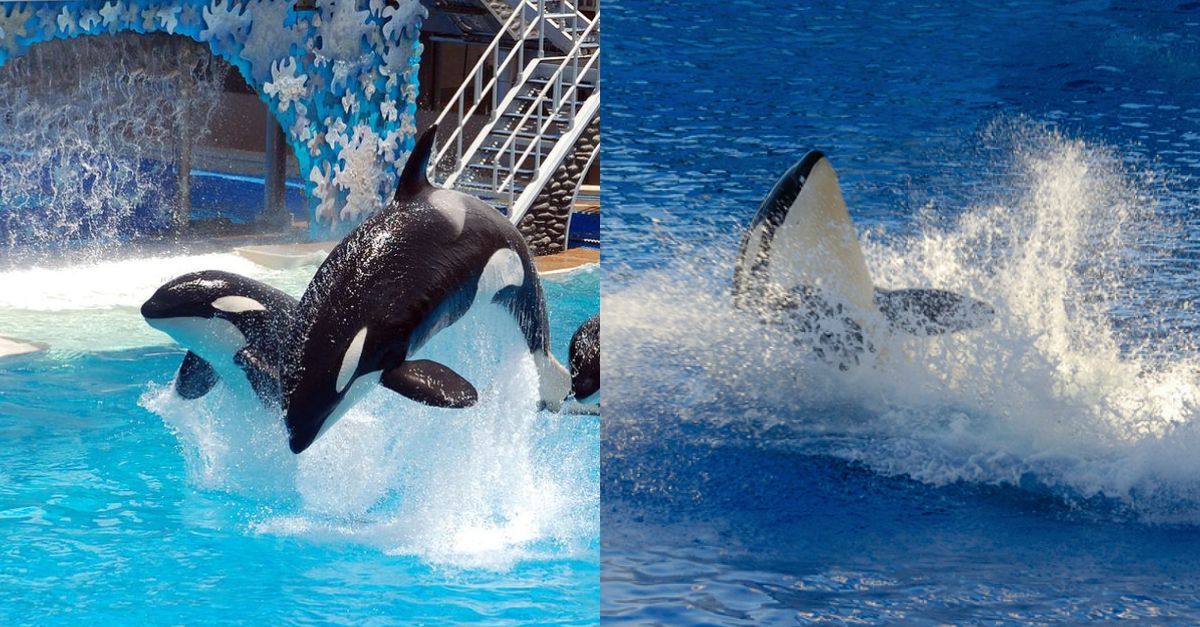A tragic moment has gone absolutely viral this week.
And it has the internet feeling heartbroken …

“This is so so heartbreaking, it’s so wrong.




Another added: “Set them all free!! We don’t need creatures like these in captivity for our enjoyment or entertainment. It’s cruel!”

As Lolita the orca has passed away in captivity.
Earlier this year, the Miami Seaquarium joined forces with animal rights organizations to devise a plan for the 57-year-old orca, to be repatriated to her natural habitat.
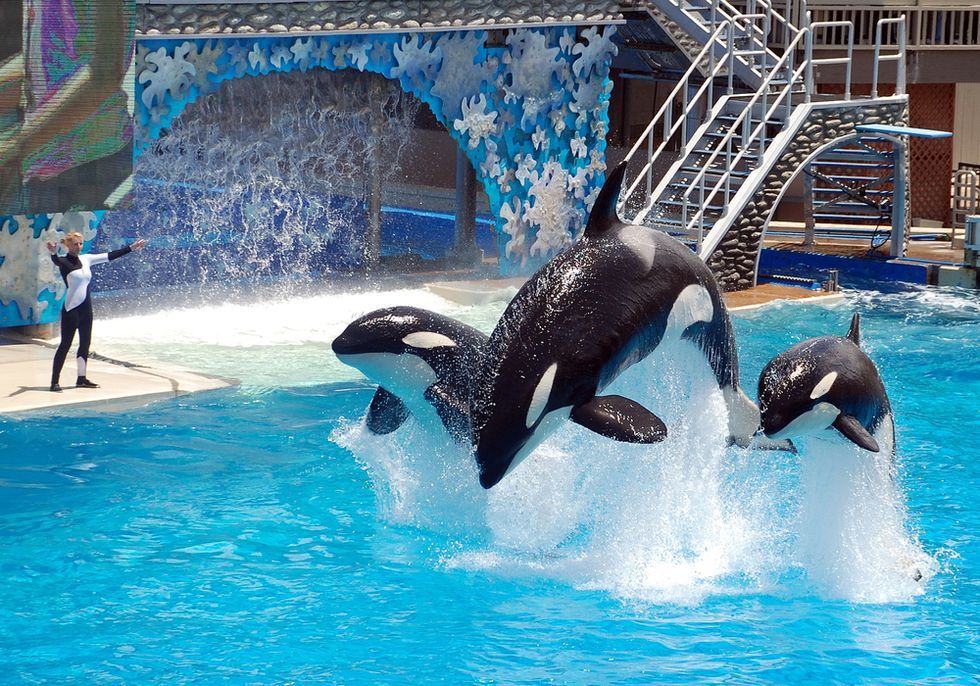
She stood as the second-oldest orca in captivity, second only to a 58-year-old orca named Corky held at SeaWorld San Diego.
She passed away on Friday due to acute renal failure, as disclosed by representatives from the Orca Network to Insider.
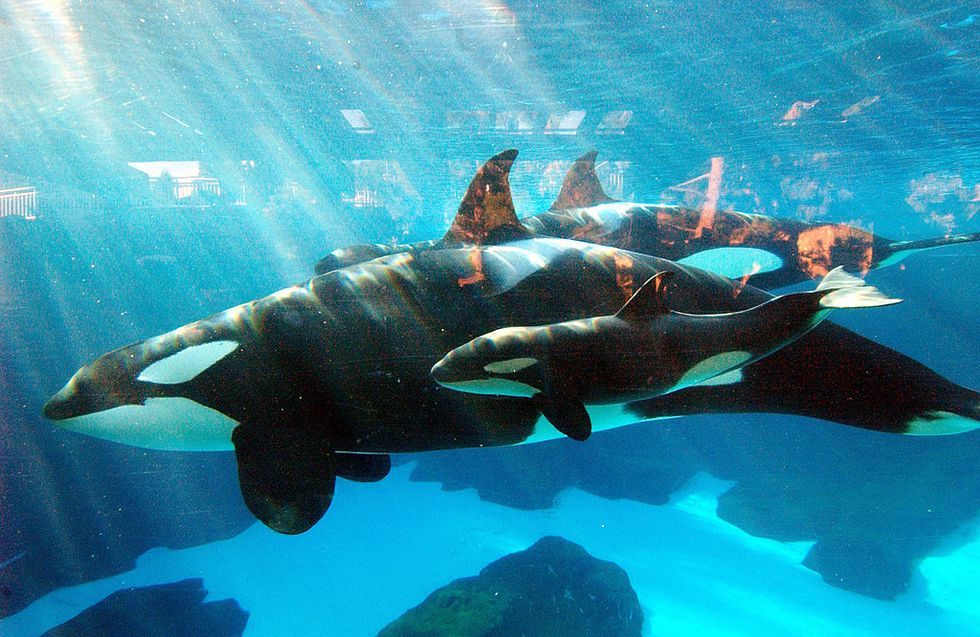
The enduring captivity of Tokitae had been a focal point of extensive protests and media attention, as animal rights advocates vehemently called for her release to rejoin the L-pod of orcas in the wild.
The undersized dimensions of Lolita’s tank (below national standards), her lack of protection from the intense sun, and her complete isolation from other orcas prompted legal actions by the Animal Legal Defense Fund, PETA, Orca Network, and private citizens against the USDA.

Having endured years of restricted confinement, much of it within an enclosure measuring 80 feet by 35 feet, Toki encountered intermittent health challenges.
Now, we all love a viral moment.
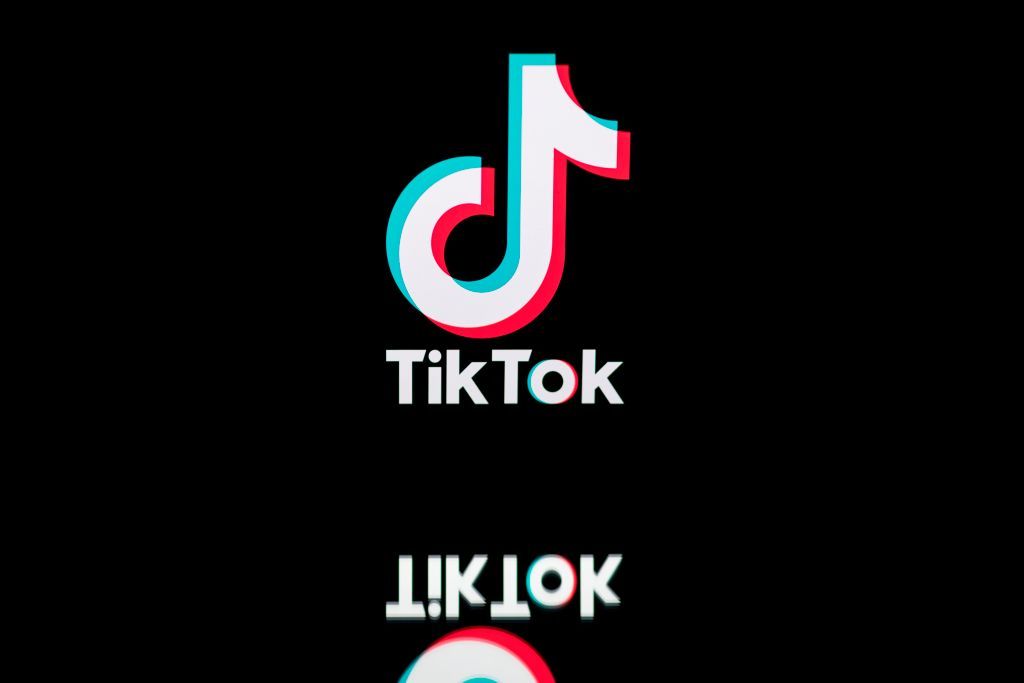
It’s pretty unlikely that you’ll see anyone who doesn’t enjoy viral social media content.
And it’s not just the kids.

The majority of us adults are too, with us posting every inch of our lives on these apps and communicating with others through them solely.
It’s not just about funny videos though.

People can actually earn a living through social media, such as selling things on Instagram or starting a business through Twitter.
What is TikTok?
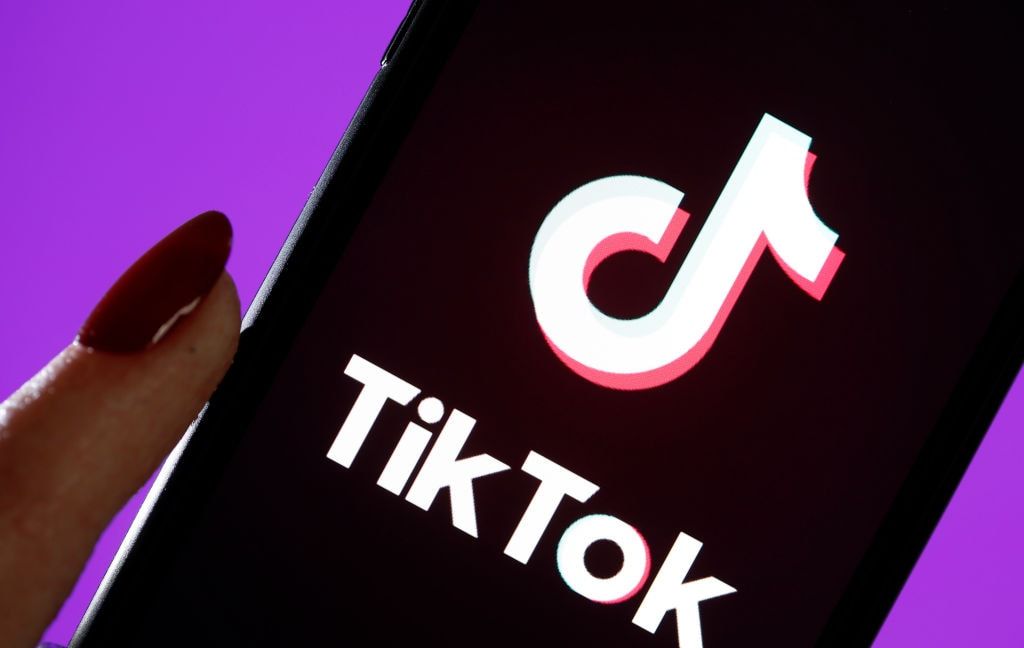
Basically, it is an iOS and Android app made for creating and sharing short lip-sync, comedy, and talent videos.
It went viral pretty quick…

It was the world’s fourth most downloaded app in 2018, beating Instagram and Snapchat – which is a pretty big achievement!
It reminds many people of Vine.

Who remembers Vine? Launched in 2012, Vine was a short-form video hosting service that allowed users to share 6-second-long looping video clips.
And TikTok videos are similarly weird.
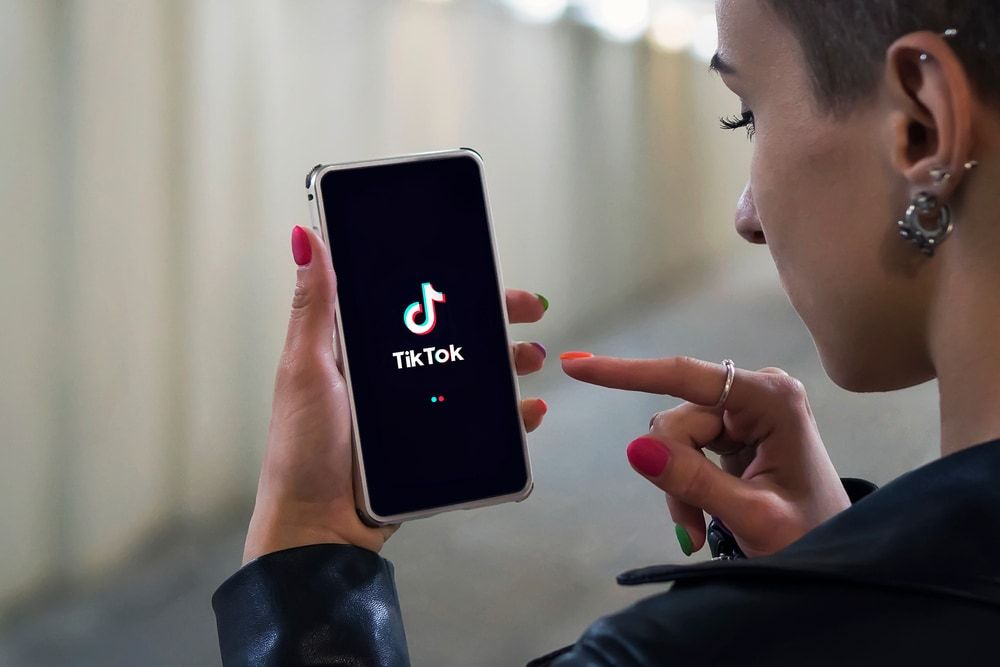
But it has to be said, the majority of them are rather entertaining.
Animals and TikTok are the best combination.

More and more people jumped on board the TikTok bandwagon and started getting their beloved pets involved.
Some are just plain weird…
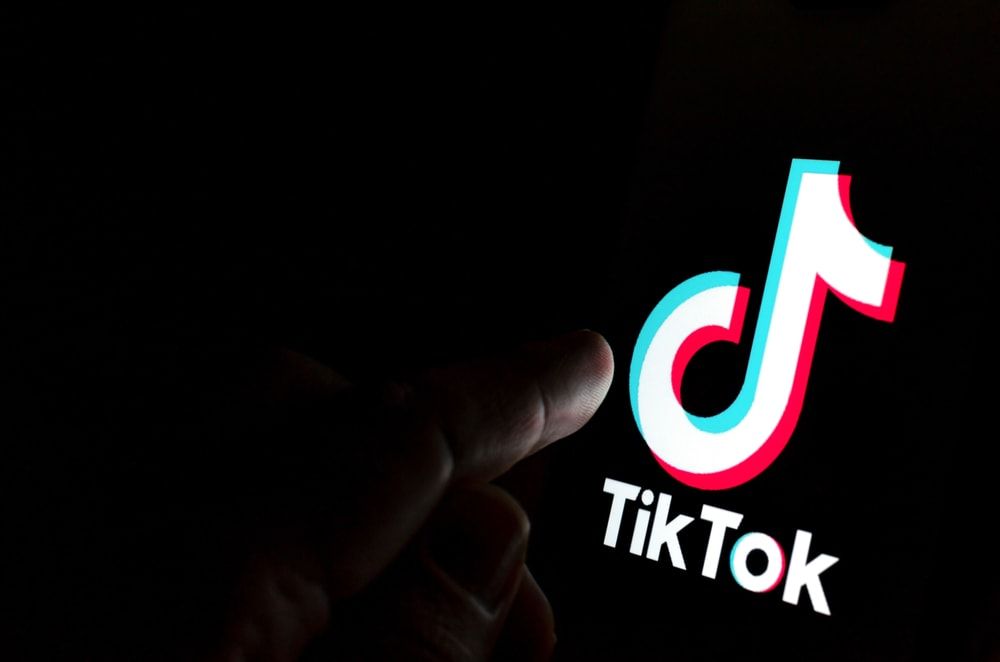
It’s a mystery as to what goes through people’s heads when certain types of TikTok videos are made…
And of course, who could forget the pranks on Tiktok…

People love to film themselves pranking others and share it online.
However, it’s not just TikTok that brings viral content to the world.

In the digital age, the power of the internet has given rise to a new cultural phenomenon – the viral moment.
Whether it’s a funny video, an emotional story, or a powerful message, these moments have the ability to capture the attention of millions across the globe, transcending borders, languages, and cultures.

At the heart of every viral moment lies remarkable content. It could be something humorous, heartwarming, shocking, or awe-inspiring.
Videos, images, memes, tweets, and challenges are some of the most common forms of viral content. The brevity of these formats often makes them easily shareable across various social media platforms.

Emotions also play a pivotal role in the spread of viral moments. Content that elicits strong emotions, such as laughter, sadness, anger, or inspiration, is more likely to be shared.
When users resonate with a particular emotion, they tend to express it by forwarding the content to their friends, family, and followers, effectively creating a chain reaction.

Social media platforms act as a catalyst for the propagation of viral moments. The interconnectedness of these platforms allows content to spread rapidly.
Algorithms employed by platforms like Facebook, Twitter, and Instagram further amplify content by prioritizing highly engaging posts, ensuring they reach a wider audience.

Viral moments are also often a reflection of the current cultural zeitgeist.
Memes and content that references trending topics, current events, or pop culture have a higher chance of going viral.

People enjoy sharing content that feels relevant and relatable to their lives, creating a sense of community around shared experiences.
Timing is everything when it comes to viral moments. An event or content may not become viral if it’s shared too early or too late.

Often, a perfect combination of timing and synchronicity results in the explosion of a viral moment. It can be influenced by current events, trends, or simply being in the right place at the right time.
Viral moments represent the dynamic nature of the internet and its ability to connect people on a global scale.

As we continue to navigate the ever-changing landscape of the internet, viral moments will undoubtedly remain an integral part of our online culture, showcasing the immense power of human connectivity in the digital age.
And a true tragedy has taken the internet by storm this week.
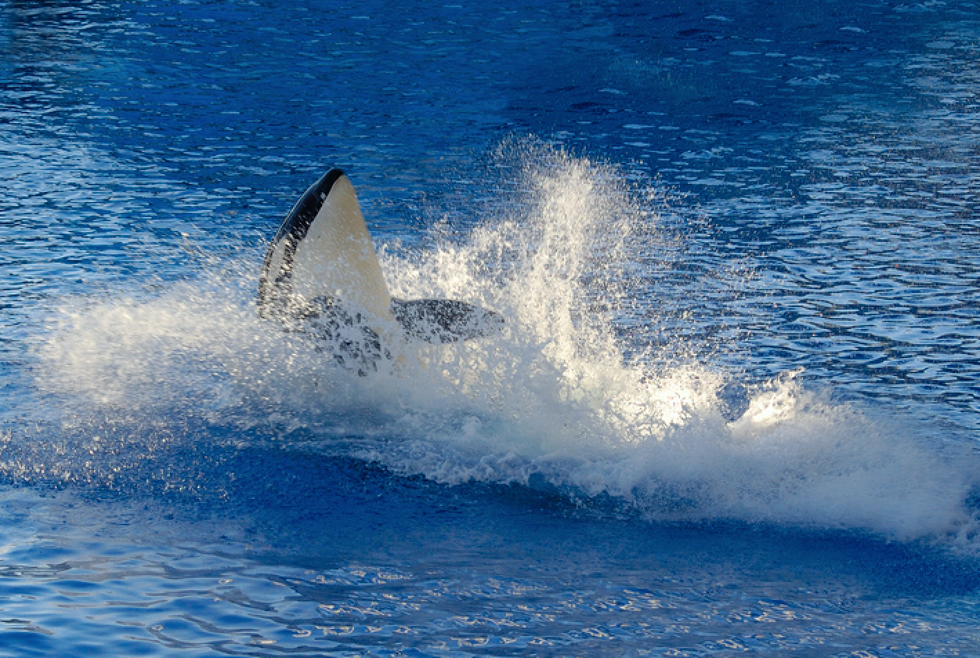
As Lolita the orca, also known as Tokitae has sadly died in captivity following plans for her release into the wild.
Seaquarium announced: “Toki was an inspiration to all who had the fortune to hear her story and especially to the Lummi nation that considered her family.”

Those who have had the privilege to spend time with her will forever remember her beautiful spirit.”
Tokitae was “surrounded by her loving care team and veterinarians, who did everything they could to save her after a very short illness,” representatives for Orca Network said in a statement.

“She developed a gastrointestinal issue two days ago for which she was receiving treatment, and then today suddenly developed acute renal failure and could not be saved despite the best efforts of the veterinary team.”
Toki was previously receiving round-the-clock care until her release could be facilitated within the next 18 to 24 months.
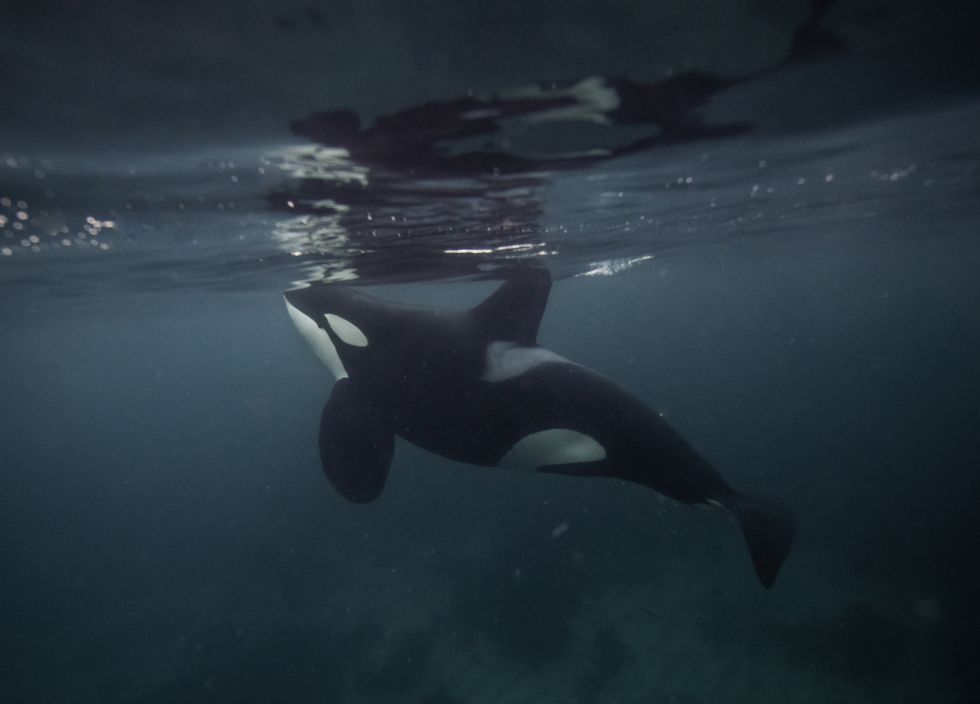
Having endured years of restricted confinement, much of it within an enclosure measuring 80 feet by 35 feet, Toki encountered intermittent health challenges.
“One thing that brings us comfort is knowing that yesterday, as Toki began struggling and was on her journey home to the next world, her entire family was off the west side of San Juan Island in what these days is a rare gathering, with all three pods swimming up and down the island, socializing in a Superpod; and the L12s are still there today,” the Orca Network statement continued.

“This is often a cultural/social ritual to mark a significant event in their community, and we believe they were welcoming her home.”
“Toki is finally home, maybe not the way we wanted,” Orca Network added, “but her family seems to know she is with them once again, in ways we may never comprehend.”

Rest in peace.
